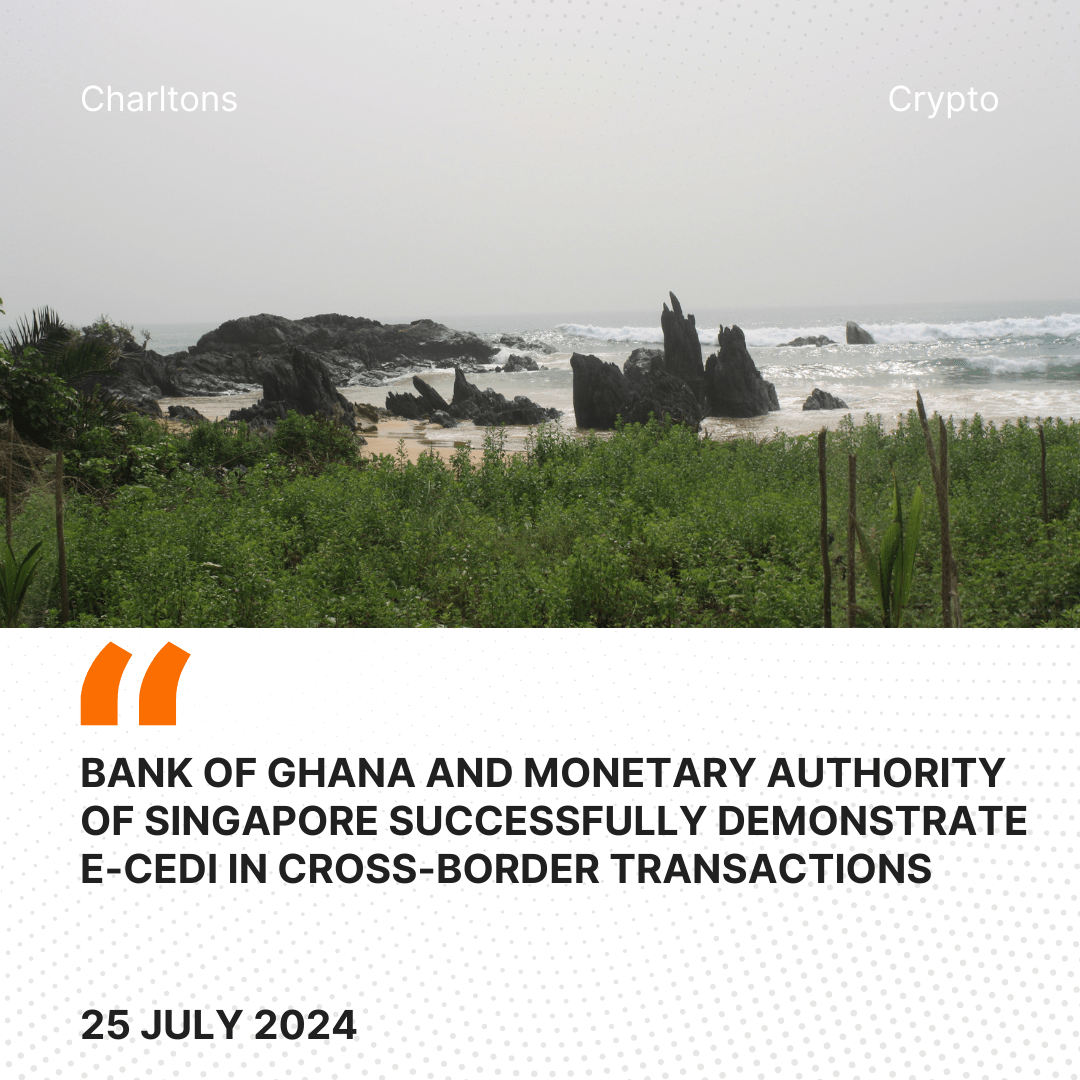
The emergence of Decentralized Physical Infrastructure Networks (DePINs) marks a significant development for Web3, operating as blockchain-based marketplaces that bring together hardware service providers from various industries. One notable player in this space is Wifi Dabba, a DePIN-based internet service provider aiming to decentralize internet access.
Wifi Dabba recently announced its plans to distribute over 100,000 devices throughout India, hosted on the Solana blockchain. This initiative aims to address the challenge of internet access in a country where a significant portion of the population remains unconnected.
Despite India’s status as a technology hub, millions still lack regular WiFi access, highlighting the urgency of projects like DePINs. Karam Lakshman, CEO of Wifi Dabba, emphasizes the importance of widespread internet access for fostering economic growth, especially in a country with a burgeoning tech sector and significant crypto holdings.
The DePIN model incentivizes participation by welcoming router hardware owners into its network, allowing them to earn tokens by sharing their hotspot data. This democratization of internet access aligns with the mission to bridge the digital divide, particularly in developing nations where infrastructure development is crucial.
Lakshman believes that DePINs have the potential to transform internet access globally, with India serving as a vital testing ground for the model. Dawn Philip, head of communications at Wifi Dabba, anticipates increased adoption of DePINs in underdeveloped countries, where infrastructure development is most needed.





